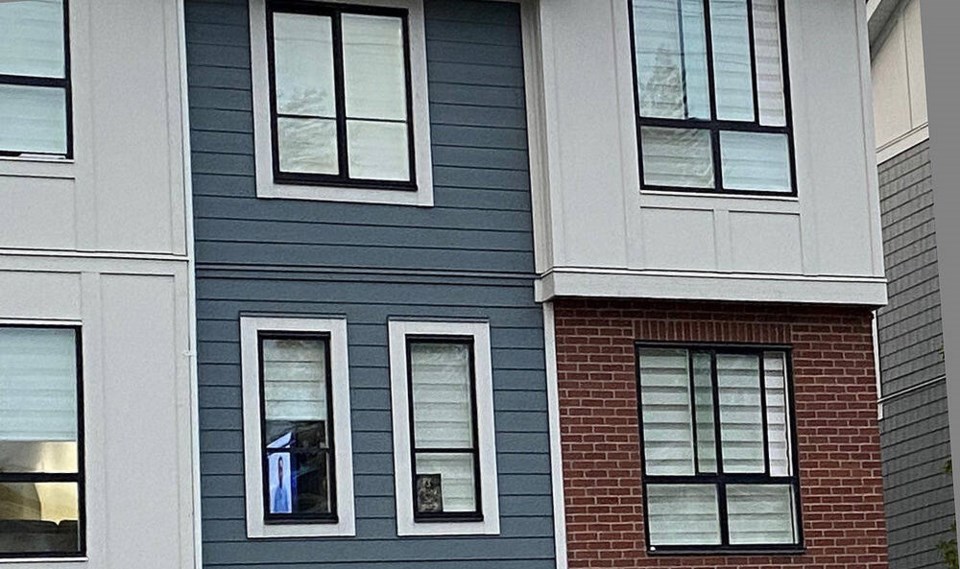Newly introduced legislation by the province to reduce construction delays, costs and streamline processes is already on the City of Delta’s radar.
The provincial government last week announced legislation, if passed, that is to support the introduction of Bill 44 to allow upfront zoning, which will facilitate an increase in the housing supply. The legislation will require local governments to shift their planning process to an upfront framework, pre-zone land to meet their housing needs and reduce the use of current rezoning processes.
One of a series of actions in Delta’s Housing Action Plan to be brought forward to council by the planning department is pilot pre-zoning in select areas near town centres, aimed at expediting approval processes in key areas designated for higher density.
Pre-zoning is an alternate method of changing land use, where a number of parcels, including near town centres close to transit and amenities, would be collectively zoned to align with their land use designation under the Official Community Plan (OCP).
The process may be a way speed up the delivery of priority housing in those areas, such as new multi-unit and seniors’ rental units.
Since the Action Plan was approved, a new provincial rule now allows the city to waive the requirement for public hearings when an application follows a site’s OCP designation.
However, in general, the rezoning process can be costly and time consuming, and still requires significant public engagement.
That’s where pre-zoning could come into play.
“Pre-zoning is a tool that is increasingly being studied and implemented by local governments in BC to expedite the development approvals process by updating the zoning (pre-zoning) for multiple sites at once to conform to OCP land use designations or, in some cases, encourage development that is prioritized by the community…Once sites are pre-zoned, developers can build to the new zoning without being required to go through a rezoning process. In general, pre-zoning should align with the OCP or other community priorities,” the Action Plan report states.
However, the report notes there are some important considerations, including cities not being able to use zoning as a tool to require levels of affordability.
“This means that other tools must be used (e.g., zoning for a base density, and allowing greater density in exchange for affordable units through a density bonusing policy). At its simplest form, pre-zoning can be a useful tool for achieving more purpose-built rental housing in a community, where other tools (e.g., inclusionary zoning) may be better suited for achieving more affordable forms of rental housing,” the report explains.
The report adds that another important consideration for pre-zoning is it may compromise the city’s ability to identify and negotiate for key development components, such as community amenity contributions, road dedications and rights-of-way. Pre-zoning may be most successful when it is applied in areas where the dedications and rights-of-way already exist.
It is also possible that pre-zoning of lands could impact land values and the associated ability to redevelop lands. Given that important economic consideration, a pilot project is recommended to test and study pre-zoning as a tool, the report notes.




